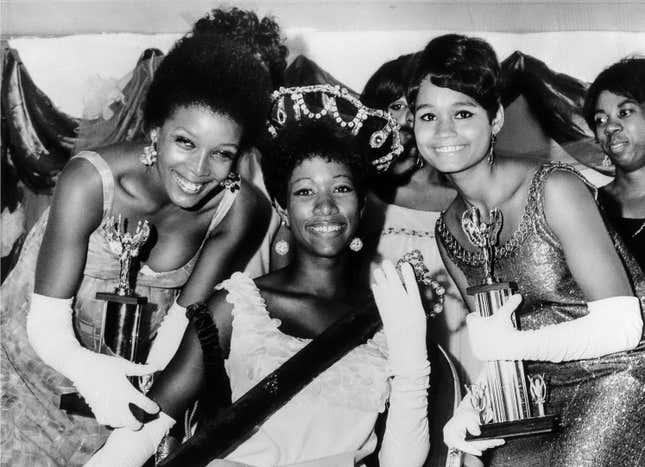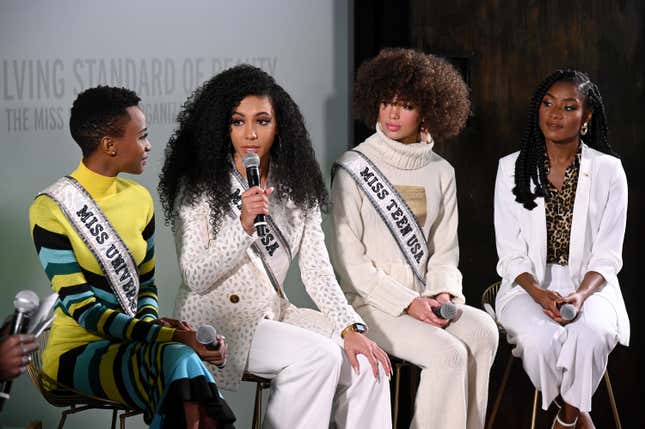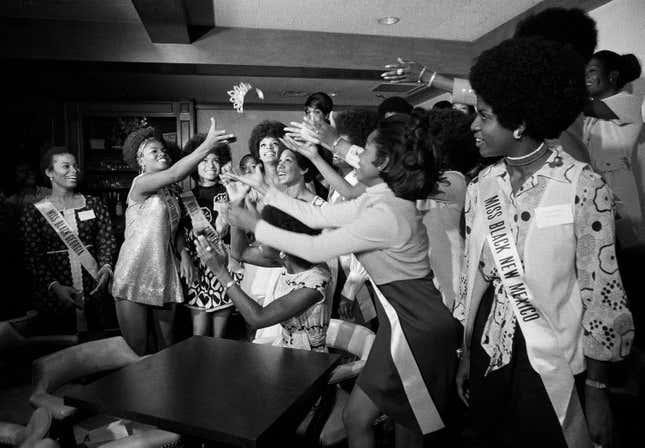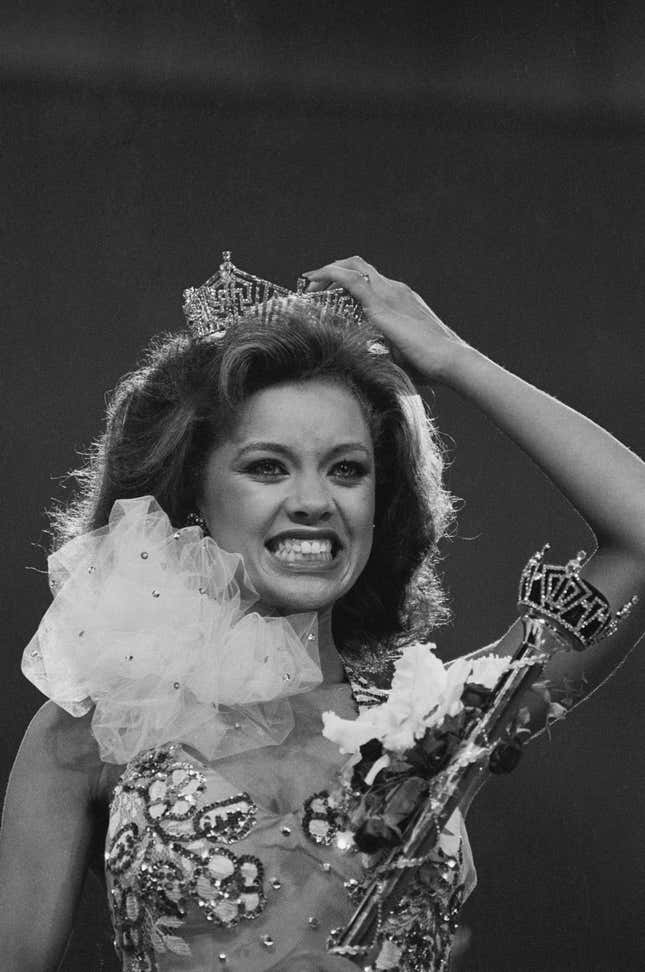
The iconic Miss Black America pageant will return to Atlantic City, its original location, for its 55th anniversary on Dec. 16. This year, more than 50 Black women will be competing for the coveted crown previously won by prominent women like Oprah Winfrey and Toni Braxton.
The pageant was created in protest of the discriminatory Miss America pageant in 1968, but some may wonder if the Miss Black America pageant is still relevant given that Black women have dominated Miss America and Miss USA pageants in recent years, including the Black sweep across all major pageants in 2019.

The simple answer is yes. Miss Black America has consistently been an outlet for Black contestants to be their authentic selves in a room of fellow Black people. It’s important to be in a space created for and by people who look like you. No, it hasn’t received as much attention over the years as Miss America and Miss USA, but it’s a part of history, and Black women across the country are eager to charm judges and audiences to become the face of the prestigious organization.

Black women were one of the last racial groups to be allowed as contestants in Miss America. By the time Black women were allowed to compete, Miss Black America was in the works. In 1967, a man named J. Morris Anderson asked his Black daughters what they wanted to be when they grew up and they said “Miss America.”
Understanding the racial bias that the Miss America organization held, Anderson decided to take matters into his own hands. The following year in Atlantic City, the first Miss Black America pageant was held on the same day as Miss America as a sign of protest against the prejudiced institution. Saundra Williams, a college student from Philadelphia, earned the first Miss Black America crown.
Years later, Miss America saw its first Black contestants and winners. Cheryl Brown, the first Black contestant for Miss America, graced the stage in 1970. Vanessa Williams was first Black woman to win the entire competition in 1984.

All the while, Miss Black America continued to push forward and has crowned Black women for almost 55 years for their natural beauty, talents, and contributions to society. It will be good to see the beautiful Black institution return to its origins.

